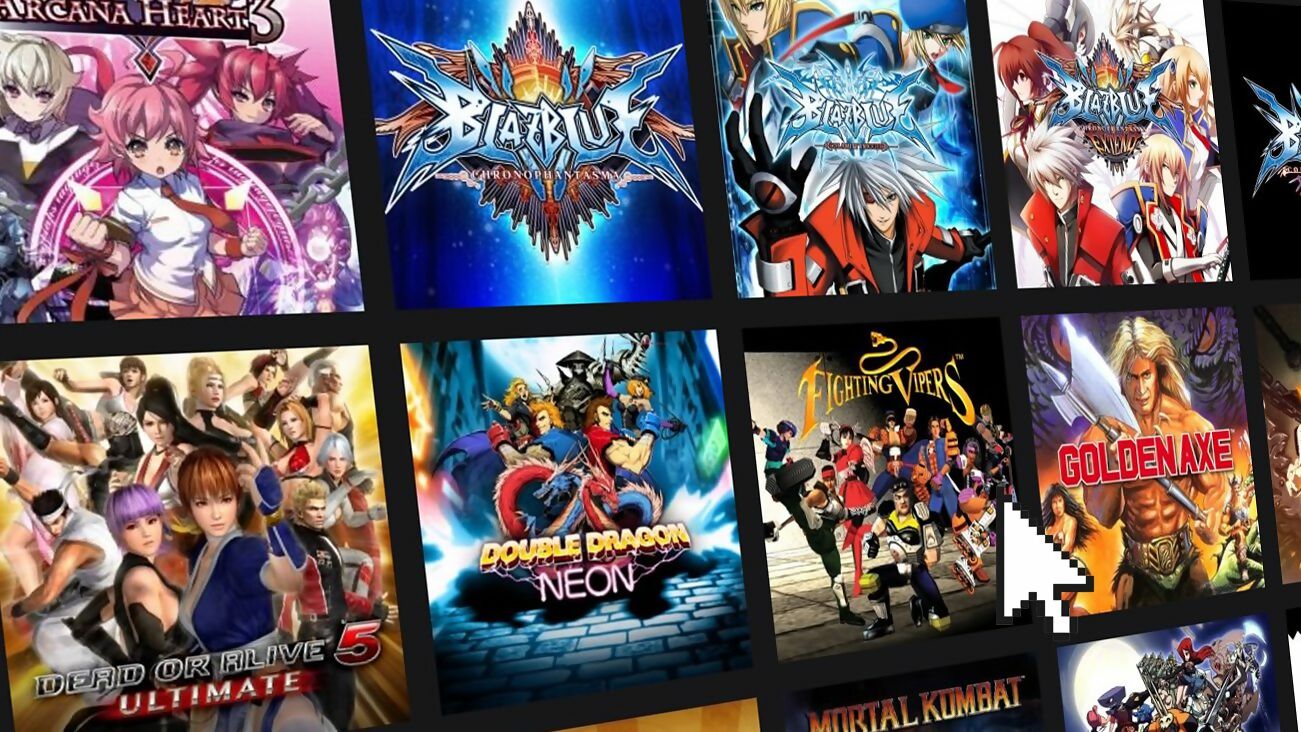
How many subscription services are you shelling out for each month? Spotify and Apple Music provide the tunes while we work; perhaps a bit of TV drama on the lunch break via Now TV or ITV Player; then back home to watch a movie in the evening, courtesy of Netflix, Amazon Video, Hulu…
The way we consume entertainment has shifted dramatically in the last several years, and it’s becoming increasingly the case that the average person doesn’t buy physical boxsets or CDs anymore. Why bother when you have it all at the click of a button?
Now video games are on the cusp of catching up with the subscription model hype. Sign up to services like Xbox Game Pass, PlayStation Now, and Discord Nitro, and you’ll receive hundreds of games each month, including brand new titles that you might otherwise slap good money down for. For the consumer, this rise of the video game subscription could potentially be a huge boon for your wallet.
But have you ever stopped to wonder how subscription models affect the creators of the content you consume? How are artists even paid anymore? The subscription model can be a tricky beast for those providing the goods, depending on how the gatekeepers – the people who own the platforms – decide that the money should be doled out. And in most cases, the subscription model is a scary prospect for those creators who perhaps don’t have the background to negotiate a decent price for their work.
This is why it’s incredibly important that game studios, alongside these gatekeepers, should be trying to get ahead of the inevitable, and begin pondering now over what a possible Netflix or Spotify-dominated games industry would look like.
Let’s get one fact out of the way first: the Spotify model, whereby artists are paid per listen rather than upfront, would be devastating for video games. Triple-A titles still dominate the market in terms of raw sales and player numbers, so while the largest publishers may prosper in a Spotify world, all your favourite indie and mid-tier developers would no doubt flounder.
Put it this way: if Spotify is currently paying artists £1 per 20,000 listens, what sort of terrible deal are game developers working from their bedroom going to get?
And before you think to yourself, “This would never happen!” – it already is. In the last six months, I’ve been approached by more than a dozen upcoming game subscription services who plan to pay developers “based on the number of minutes your game has been played” – this is a direct quote from one of the brochures. We’re not talking small-fry companies either, as a couple of the outfits that have approached me are huge names in retail.
So what about the Netflix model, where the platform pays the developer a chunk of money upfront? This is a more reasonable approach for creators, and we’ve already seen Microsoft implementing it with Xbox Game Pass.
But what happens in the future when you have to put your games on these platforms, otherwise barely anyone will ever play your game? Will every single developer have to negotiate a price for their game to appear on these services?
And why would a subscription service pay good money for a title from a new developer with no track record, when they can throw money at EA or Ubisoft in the hope of securing exclusivity for the latest in a long-running franchise?
The future of video games is subscription-based, I have no doubt about that. Now is the time to talk about how smaller and mid-sized studios fit into that future, otherwise we’re going to lose a ton of great talent who leave for other careers, simply because they couldn’t pay the bills.





